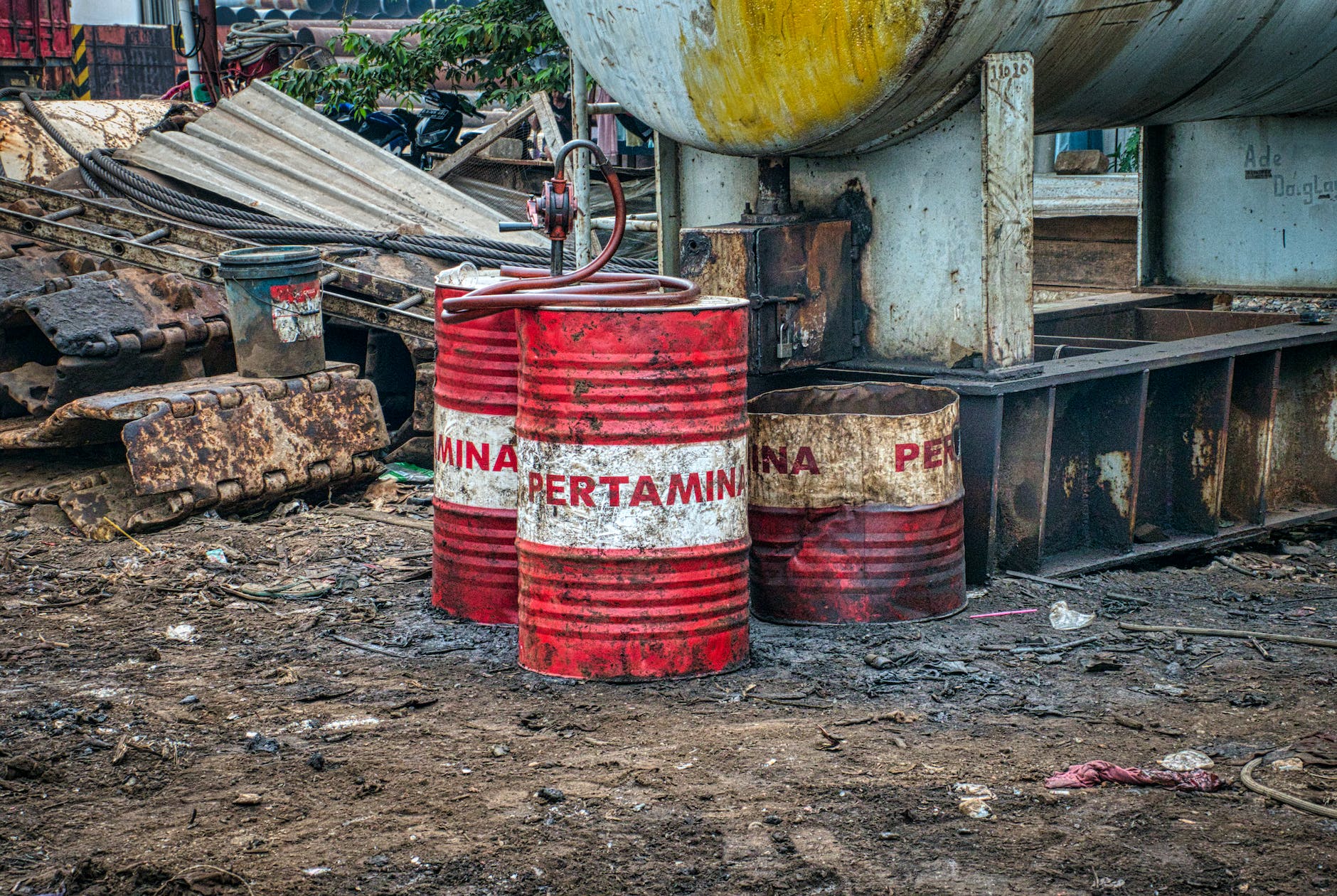
Hazardous Waste Management System: Safeguarding the Environment
Hazardous waste is a pressing concern in modern society, posing significant threats to our environment and health. Effective management of these wastes is crucial to prevent adverse effects and ensure a sustainable future.
Introduction to Hazardous Waste
Hazardous waste encompasses various materials that, due to their chemical, biological, or physical properties, pose potential risks to human health and the environment. These materials often arise from industrial processes, manufacturing, healthcare facilities, and even households. The need for a robust management system to handle these hazardous substances is paramount.
Types and Sources of Hazardous Waste
Understanding the diverse sources of hazardous waste is pivotal. Industries contribute significantly, producing chemicals, solvents, and other harmful substances. Concurrently, households generate hazardous waste through daily activities like cleaning, gardening, and disposal of electronic devices. Categorizing these wastes based on their properties and potential harm is fundamental for appropriate management strategies.
Challenges in Hazardous Waste Management
Managing hazardous waste is fraught with challenges. Notably, improper disposal leads to soil and water contamination, endangering ecosystems and public health. Regulatory frameworks, while necessary, often present complexities, necessitating a balance between compliance and practical implementation.
Components of a Hazardous Waste Management System
An effective waste management system comprises several stages. From the collection and safe transport of hazardous materials to their treatment and disposal using specialized techniques, each step requires meticulous planning and execution.
Role of Technology in Managing Hazardous Waste
Technological advancements play a pivotal role in addressing hazardous waste. Innovative treatment methods, alongside sophisticated monitoring and tracking systems, aid in efficient management, mitigating risks associated with these materials.
Best Practices in Hazardous Waste Management
Prevention and reduction strategies take precedence in managing hazardous waste. Encouraging recycling, reusing materials, and adopting cleaner production methods are integral to minimizing the generation of hazardous waste.
Global Initiatives and Regulations
International agreements and regulations establish a framework for managing hazardous waste on a global scale. Compliance and enforcement mechanisms ensure adherence to responsible waste management practices.
Costs and Benefits of Effective Hazardous Waste Management
While initial costs might seem daunting, effective waste management yields economic, environmental, and societal benefits. Preserving ecosystems, safeguarding public health, and fostering sustainable practices outweigh the costs incurred.
Community Engagement and Awareness
Educating communities about hazardous waste and involving them in waste management efforts are critical steps toward fostering a collective responsibility for the environment.
Future Trends in Hazardous Waste Management
Embracing emerging technologies and adopting sustainable approaches will shape the future of hazardous waste management, paving the way for more efficient and eco-friendly practices.
A hazardous waste management system involves the handling, storage, treatment, and disposal of materials that pose significant risks to human health and the environment. It's crucial to have a well-structured system in place to properly identify, categorize, and manage these hazardous materials. This typically includes steps like:- Identification and Classification: Determining what materials qualify as hazardous waste according to regulatory guidelines. This involves understanding their properties and potential risks.
- Segregation and Storage: Properly separating hazardous materials from non-hazardous ones to prevent contamination. Storing them in secure, labeled containers or designated areas to minimize potential risks.
- Transportation: Following specific regulations for the safe transportation of hazardous waste, including using specialized containers and vehicles to prevent spills or leaks.
- Treatment and Processing: Employing various methods like chemical, physical, or biological processes to neutralize or reduce the hazardous nature of the waste before disposal.
- Disposal: Ensuring the safe and environmentally responsible disposal of hazardous waste, which may involve incineration, secure landfilling, or other approved methods to minimize harm to the environment and public health.
- Documentation and Compliance: Keeping detailed records of the entire waste management process to comply with regulations and standards set by local, national, and international authorities.
Effective hazardous waste management is critical to prevent environmental pollution, safeguard public health, and maintain regulatory compliance. Companies and organizations handling hazardous waste must prioritize safety, sustainability, and adherence to legal requirements throughout the waste management lifecycle.Conclusion
Effectively managing hazardous waste demands concerted efforts from industries, governments, communities, and technological innovators. By adopting responsible practices, leveraging technology, and fostering global cooperation, we can create a safer and more sustainable environment.
How to Write Standard Operating Procedure
7 Steps of Standard Operating Procedure
Step-by-Step Standard Operating Procedure
Standard Operating Procedure Examples
FAQs
- Why is hazardous waste management important? Hazardous waste poses severe threats to human health and the environment, necessitating proper management to mitigate risks.
- What are some common types of hazardous waste? Chemicals, solvents, electronic waste, and medical waste are among the common types generated by industries and households.
- How does technology contribute to managing hazardous waste? Technology aids in innovative treatment methods and efficient tracking systems, enhancing the management of hazardous waste.
- Are there global regulations for hazardous waste management? Yes, international agreements and regulations exist to establish guidelines and ensure responsible management practices worldwide.
- What role do communities play in hazardous waste management? Engaging communities through education and involvement is crucial in fostering awareness and collective responsibility for managing hazardous waste.
























